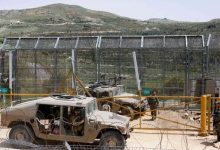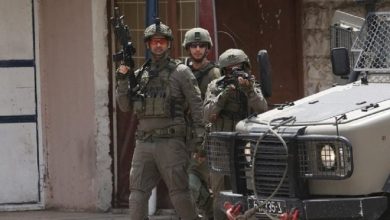Gaza Faces Catastrophic Water Crisis as Israel Cuts Supply Lines
With over 70% of water resources destroyed and desalination plants shut down, Gaza struggles to provide clean water amid escalating Israeli restrictions.
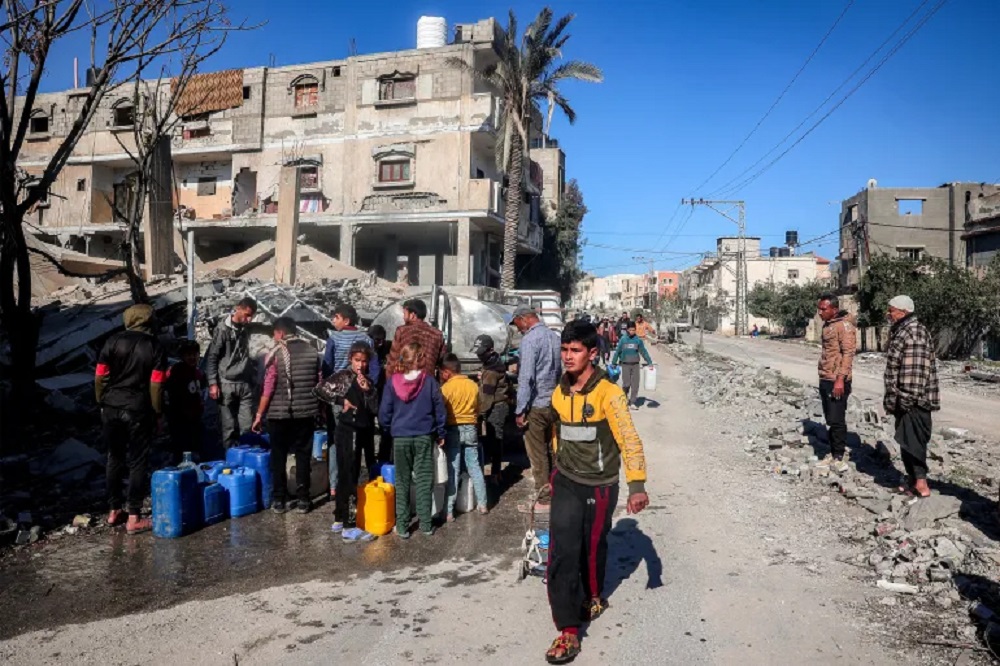
Watan-The Director General of Planning, Water, and Sanitation in Gaza Municipality, Maher Ashour Salem, warned that the amount of water currently available in the Gaza Strip does not exceed 25% of normal levels, with more than 70% lost due to the destruction of supply lines. This comes after the Israeli occupation’s decision to cut aid and threaten to cut off water supplies.
In an exclusive interview with Al Jazeera Net, Salem stated that the situation could become even more dire if the occupation cuts off water from “Mekorot” (an Israeli water company), which currently supplies 80% of the available water. This would severely impact homes, hospitals, and shelters, with almost no alternatives due to the destruction of more than three-quarters of Gaza’s water wells.
Worsening Crisis
The Israeli decision comes at a time when Gaza is facing an escalating humanitarian crisis. The ongoing Israeli genocide, which has lasted for more than 15 months, along with continuous bombardment, has nearly paralyzed infrastructure, particularly the water sector.
The mayor of Deir al-Balah, Nizar Mohammed Ayash, said that the city’s two main water desalination plants (the Southern Desalination Plant and the Al-Bassa Desalination Plant) have stopped functioning due to the occupation cutting off electricity. This has resulted in the loss of about 20,000 cubic meters of desalinated water per day, threatening a humanitarian catastrophe if these punitive measures continue.
Ayash told Al Jazeera Net that the “Mekorot” water pipeline, which supplies the central region, suffered severe damage two months ago. Despite the urgent need for repairs, the occupation refuses to allow technical teams to carry out the necessary maintenance after the pipeline was bombed during the war.
With desalination plants out of service, Deir al-Balah Municipality faces major challenges in providing water to residents. The only remaining option is to restart the wells, a step fraught with risks, as Ayash outlined:
- The presence of undrinkable salty water, which threatens the spread of diseases.
- A decline in water production, negatively affecting distribution to residents.
- The wells require 3,000 liters of diesel fuel, which is not consistently available.
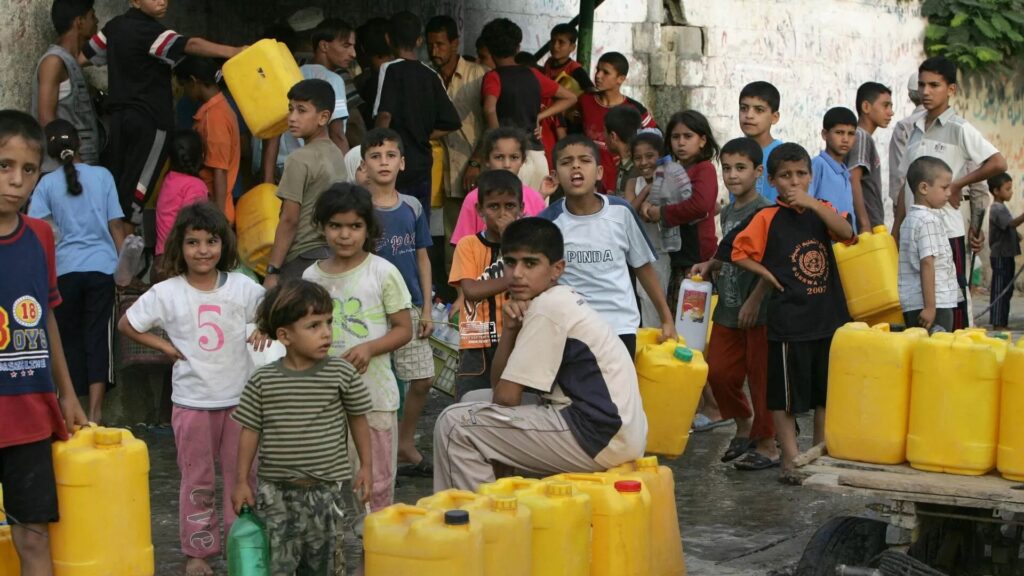
Collective Punishment
The head of the International Commission to Support Palestinian Rights, Salah Abdel Ati, stressed that the collective punishment imposed by the occupation constitutes a serious violation of international law. He pointed to ongoing legal efforts to prosecute the occupation before the International Criminal Court and the International Court of Justice.
In an interview with Al Jazeera Net, Abdel Ati emphasized that the crisis is not only legal but also political, requiring urgent international action to stop the occupation’s crimes and its blackmail of Palestinians by restricting humanitarian aid.
He noted that the upcoming conference of the High Contracting Parties to the Geneva Convention, scheduled for March 7, could serve as a crucial moment to issue binding decisions ensuring the protection of civilians and ending Israel’s collective punishment of Palestinians.
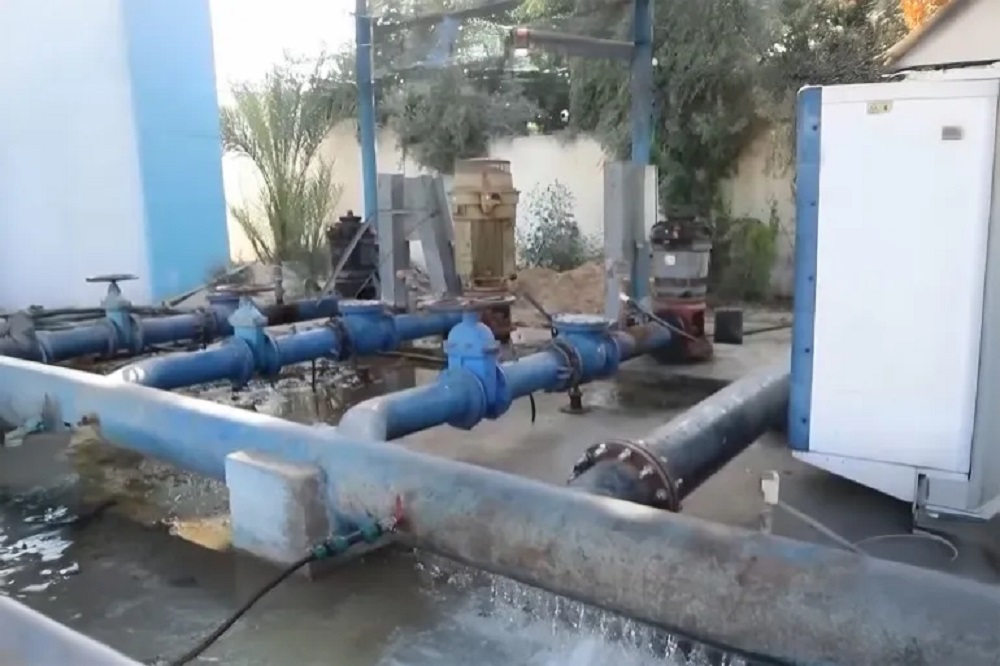
Israeli Escalation
On Sunday, Israeli Prime Minister Benjamin Netanyahu decided to halt the entry of humanitarian aid into Gaza, just hours after the first phase of the ceasefire and prisoner exchange agreement ended, further obstructing negotiations for the second phase.
On January 19, a ceasefire agreement between the Palestinian resistance and the Israeli occupation came into effect in Gaza, involving a prisoner exchange deal mediated by Egypt and Qatar, with U.S. support. The agreement consists of three phases, each lasting 42 days.
With American backing, the occupation committed genocide in Gaza between October 7, 2023, and January 19, 2025, resulting in approximately 160,000 Palestinian martyrs and wounded, most of them children and women, with over 14,000 missing persons.


